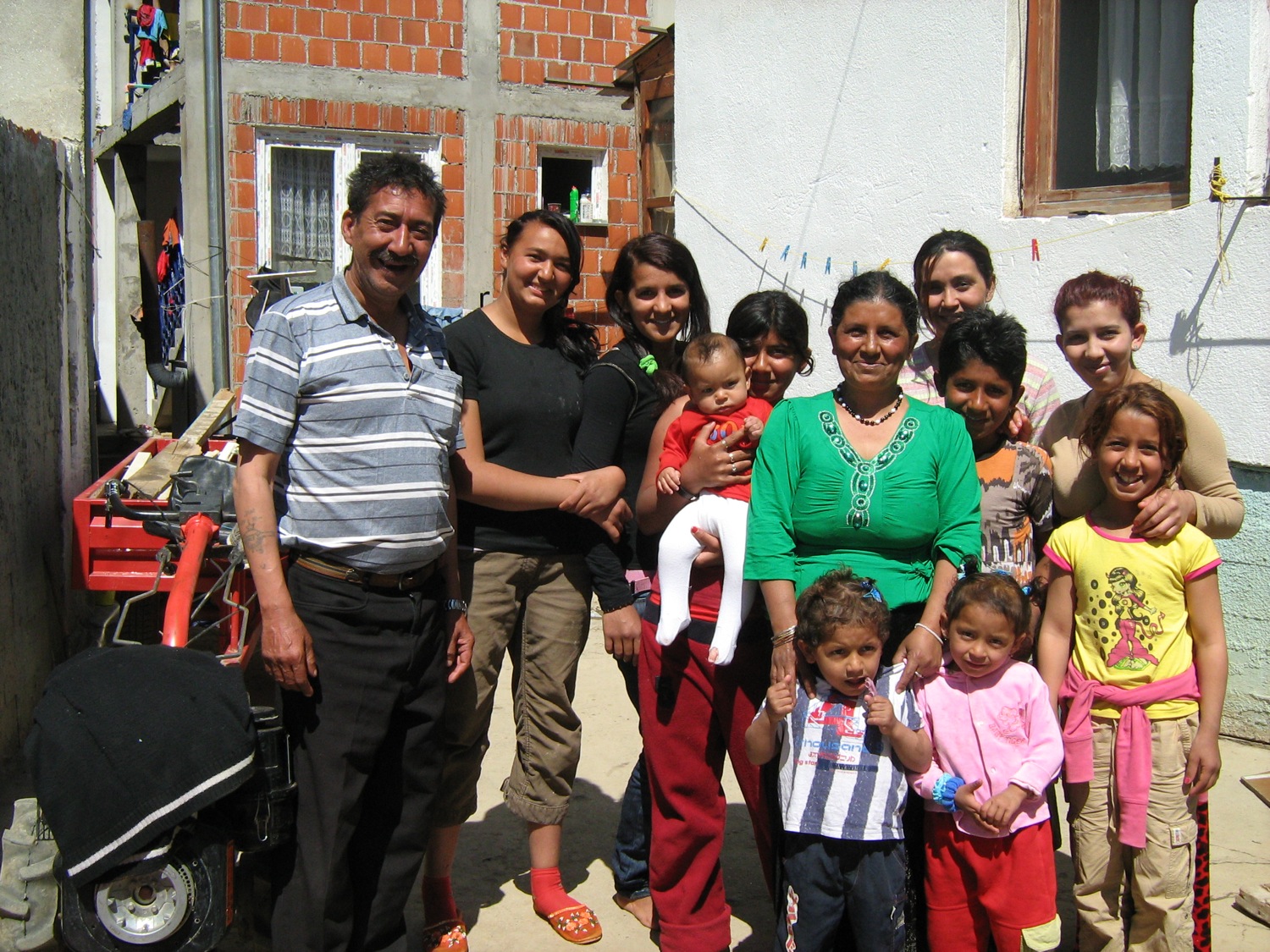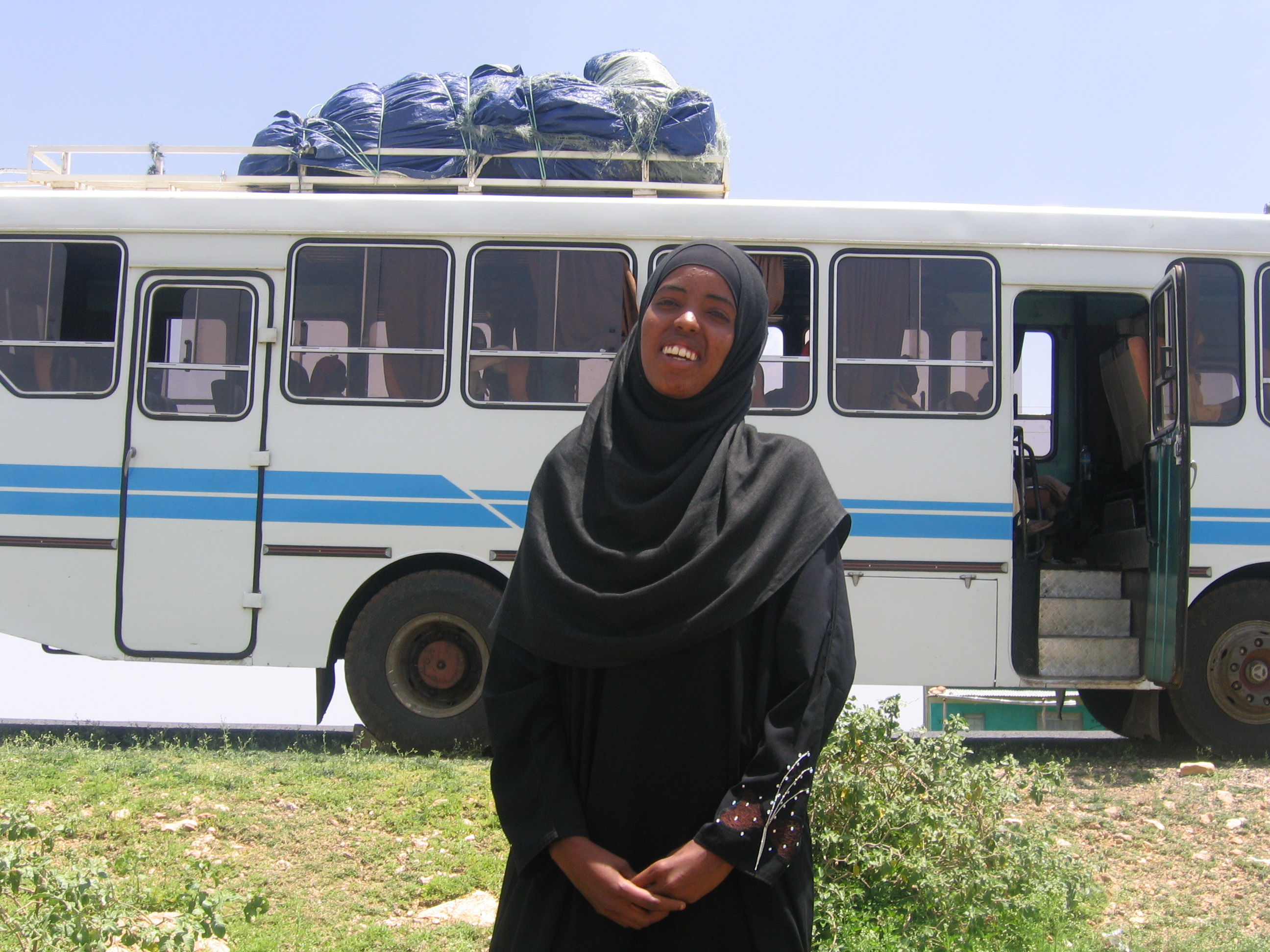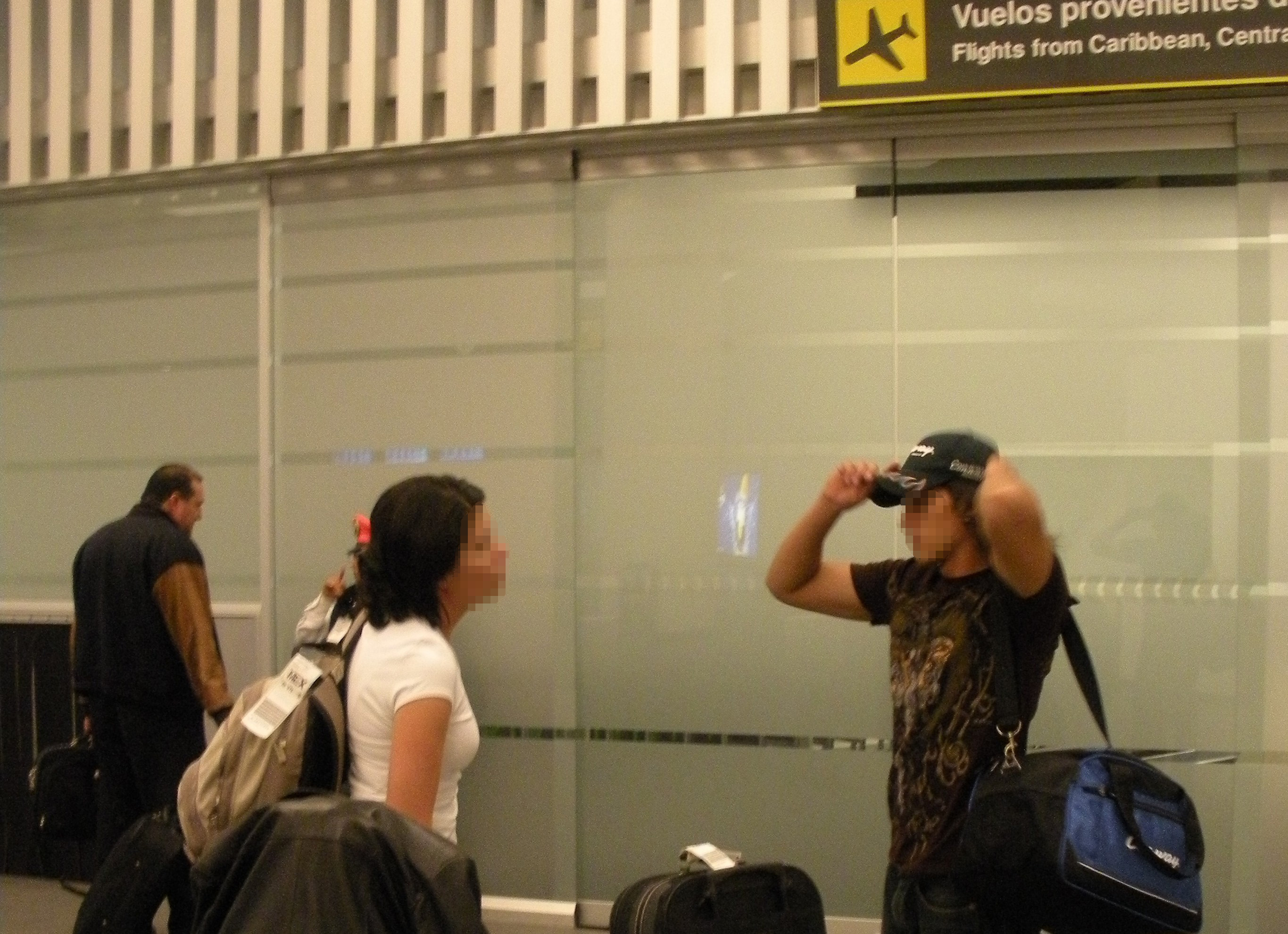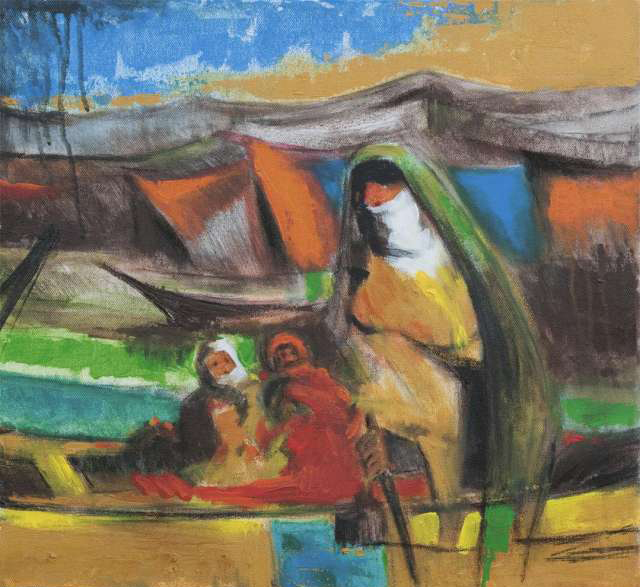Born again: The Bosnian miller's tale
Born again: The Bosnian miller's tale

MALESICI, Bosnia and Herzegovina, Dec 6 (UNHCR) - In some of the more affluent parts of Europe, functioning watermills are almost extinct, with the fine old buildings and idyllic rural settings mostly transformed into luxury weekend homes.
In Britain's Lake District or France's Dordogne, you're more likely to find a jacuzzi in a mill than a bag of freshly ground wheat. But in one small village in central Bosnia and Herzegovina, the water wheels have started to turn once more, bringing joy to a miller and his wife, and fresh flour for their neighbour's bread ovens.
Until this autumn, the Petricevic family's mill, in the village of Malesici, 30 km north of Sarajevo, was lying broken and idle, with the fast-flowing water of the Bosna River racing unproductively beneath the precarious stone and timber structure.
During the early years of the Bosnian war, the mill's owners, Jefto and Bojana Petricevic - Bosnian Serbs living in a ethnically mixed community - continued to churn out around 500 kg of wheat flour per day for a number of neighbouring villages, irrespective of their ethnicity. However, when the area fell under Bosniak control at the end of the war, the Petricevics fled to Srebrenica municipality, afraid they might meet a similar fate to that which had befallen so many others across Bosnia and Herzegovina as ethnic cleansing infected even the most harmonious of mixed communities.
Although it was spared the total destruction dealt out to so many buildings in Bosnia, the 70-year-old mill rapidly fell into a state of disrepair. When the Petricevics returned in 1999 - among the first tentative minority returns - they managed to patch up the living quarters, but rehabilitating the mill itself was beyond their physical and financial means.
Their son Velimir was still displaced with his wife and three children in Kalimanici, near Srebrenica, unemployed but unable to return to help his parents with the mill, since there was no means to support the entire family on Jefto's monthly pension of KM138 ($92). Jefto and Bojana supplemented their pension with domestic agriculture, but it wasn't enough either to get the mill repaired or to bring back their son and grandchildren.
Wondering how on earth he could break this cycle of poverty, in 2003 Jefto turned to the non-governmental organisation, Hilfswerk Austria, which has been implementing a number of UNHCR-funded rehabilitation projects in Bosnia and Herzegovina. Given that repairing the mill would provide employment for the entire family (and maybe in time for others as well), and help resolve the displacement of Velimir and his family - while simultaneously restoring a useful resource for the wider community - the two agencies agreed to try to seek the necessary support from the authorities.
UNHCR also hoped the project might stimulate further minority returns to the area, since it would be a clear sign that the local authorities were committed to helping people from all ethnic groups to re-establish themselves in the area. Already during the first half of 2003, the number of minority returns to Ilijas municipality had tripled.
In the autumn of 2003, a joint agreement to repair the mill was drawn up between UNHCR, Hilfswerk Austria, Ilijas Municipality, the Canton of Sarajevo's Ministry of Labour, Social Policy, Displaced Persons and Refugees, and the German SFOR contingent's Civilian-Military Cooperation Unit (CIMIC).
This autumn, work began with Hilfswerk using UNHCR funds to repair the stone walls under and alongside the mill, as well as replacing a crucial structural beam; meanwhile, under the technical supervision of the German CIMIC unit, the Cantonal Ministry arranged the reconstruction of the dam and cleaning of the water channel, and the Municipality conducted repairs to the building itself and the mill machinery.
By October, the rehabilitated water wheels were turning again after nearly a decade of inactivity, and within days local people were starting to bring their grain to be milled into flour. Jefto and Bojana were so delighted to see their mill back in action, that they performed the service free for the first customers. Shortly afterwards, they received their first bulk order to grind 20 tonnes of buckwheat.
At a small ceremony to mark the re-opening of the mill, Jefto told UNHCR staff and local officials: "Today I was born for the third time, because my mill has come back to life." He later explained that his first birth was the biological one, and the second was when he returned to his home five years ago.
Elsewhere in Bosnia, in a similar joint project, six newly built houses were handed over recently by representatives of UNHCR, Swiss Humanitarian Aid and the municipal authorities to six families headed by women in Jablanica Municipality. This project was funded under an agreement between UNHCR and the Council of Europe Development Bank (CEB). The grant from the CEB is part of a wider effort to provide durable solutions for female-headed households still languishing in collective accommodation facilities almost a decade after the Dayton Agreement.

Recently, in an important new development, the CEB approved a loan of 8 million euros to the government of Bosnia and Herzegovina to tackle the problems facing more than 7,000 displaced persons still living in collective accommodation facilities across the country. The government will contribute a further 4 million euros of matching funds from its own resources.
Back in Malesici, the sound of water turning the wheels of a small water mill in a bucolic rural setting is one more small sign that a devastated country is slowly getting back on its feet. For Jefto, Bojana and the rest of the family, however, its significance is far greater than that, for they have now finally regained their own home, their livelihoods and their independence.
By Rupert Colville
UNHCR Geneva








